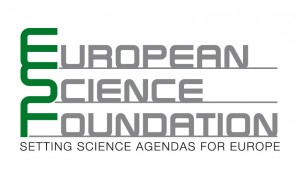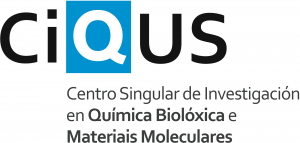The European Science Foundation (ESF) was established in 1974 to create a common European platform for cross-border cooperation in all aspects of scientific research.
With its emphasis on a multidisciplinary and pan-European approach, the Foundation provides the leadership necessary to open new frontiers in European science.
Its activities include providing science policy advice (Science Strategy); stimulating co-operation between researchers and organisations to explore new directions (Science Synergy); and the administration of externally funded programmes (Science Management). These take place in the following areas: Physical and engineering
sciences; Medical sciences; Life, earth and environmental sciences; Humanities; Social sciences; Polar; Marine; Space; Radio astronomy frequencies; Nuclear physics.
Headquartered in Strasbourg with offices in Brussels, the ESF’s membership comprises 75 national funding agencies, research performing agencies and academies from 30 European nations.
The Foundation’s independence allows the ESF to objectively represent the priorities of all these members.
This conference is funded by the Spanish Ministry of Science and Innovation within the framework of its “Subprogram for Complementaty Actions to Non-oriented Fundamental Research Projects” (Subprograma de Acciones Complementarias a Proyectos de Investigación Fundamental no Orientada) throught grant FIS2010-12330-E.
This conference is supported by the “Center for Research in Biological Chemistry and Molecular Materials” (Centro Singular de Investigación en Química Biolóxica e Materiais Moleculares), which is part of the “Campus Vida” of the University of Santiago de Compostela.




Pingback: Funding news: Spanish MICINN will fund the conference | The new generation in strongly correlated electron systems